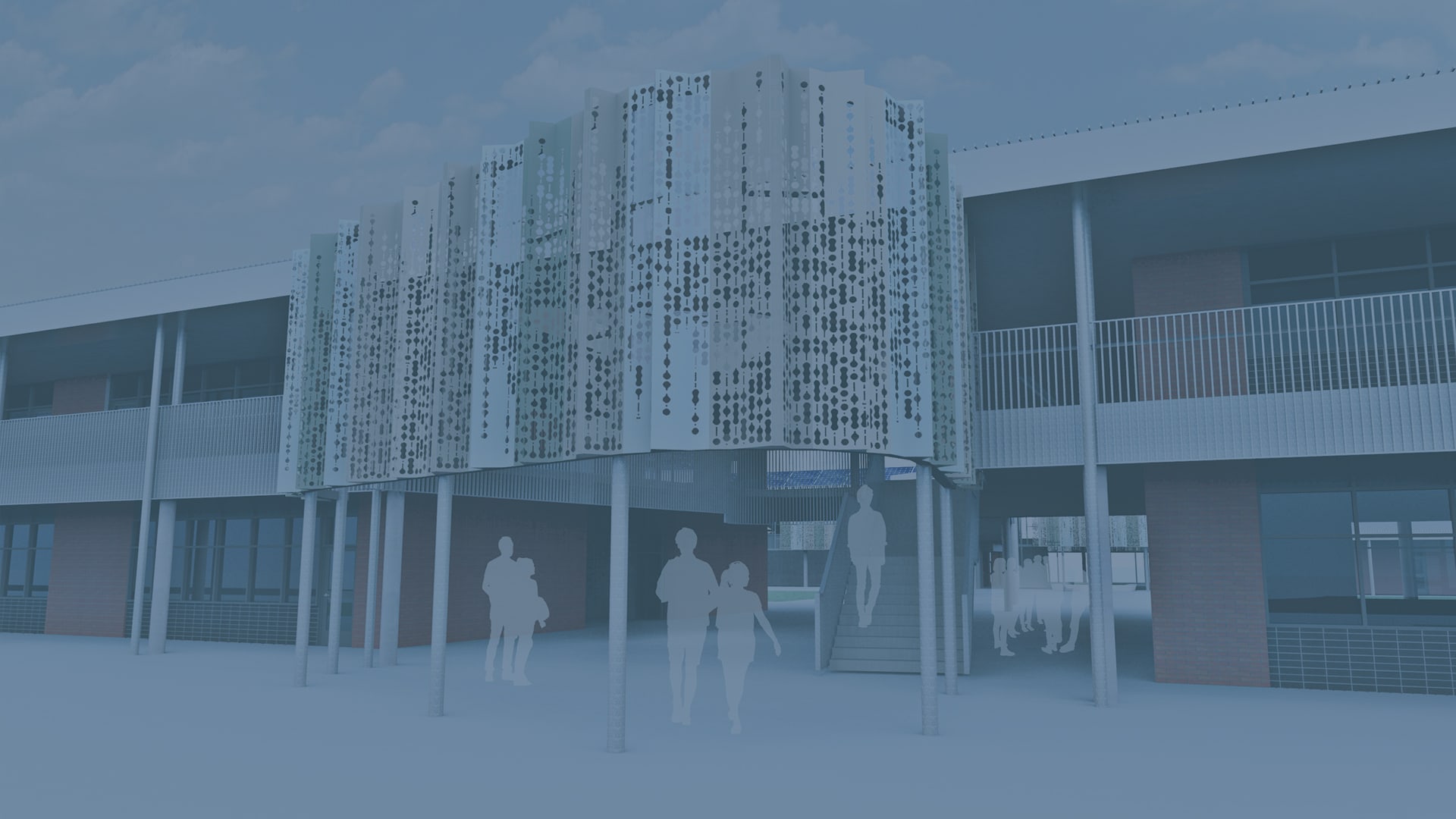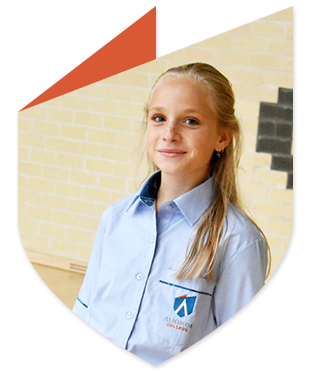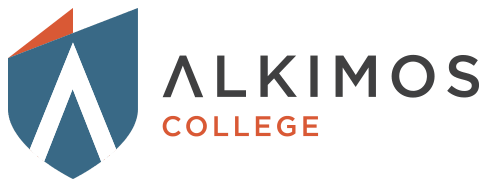
About Teaching and Learning
Alkimos College
At Alkimos College we place great importance on ensuring that our students are provided access to high quality teaching and learning.
Our curriculum is created to align with the mandated Western Australian Curriculum and Assessment Outline – setting out the core knowledge, skills, understandings and general capabilities for all students. It has been designed to meet the specific needs of students in Western Australia. There is one curriculum for Pre-primary to Year 10 and another for Years 11 and 12. Both curriculums have been adopted and adapted from the Australian curriculum.
The curriculum makes clear what our students should learn as they progress through schooling and is the foundation and guide for high-quality teaching, to meet the needs of all students. The Western Australian curriculum outlines the content for students to be taught each year. It is designed to be coherent and comprehensive. The curriculum is organised into learning areas, with each containing a year-level syllabus.
Schools and teachers are responsible for organising student learning. To effectively deliver the curriculum the Alkimos College teachers will respond to our student’s needs and interests; which inform their approach to teaching, learning and assessment. Students will be provided with challenging learning opportunities and an increasing level of complexity and specialisation as they progress through secondary schooling
How will my child be assessed?
Assessment is used to monitor student progress and achievement. The three main types of assessment are: diagnostic, formative and summative.
Diagnostic assessment is used to identify student strengths and weaknesses; it may be used before or during a learning cycle to pinpoint where to provide support.
Formative assessment is used to monitor student progress during a teaching and learning cycle. It can be used to give a student feedback about how well they have performed or what they need to do to improve. It can also help a teacher judge how much students have learnt and whether all students are able to show their ability.
Summative assessment is used to make a ‘final’ determination of student achievement. It usually comes at the end of a teaching and learning cycle
What does assessment look like in a classroom?
There are many strategies teachers use to assess students. These can include visual representations, conferences, fieldwork, written work, observation, portfolios, videos, performances, oral presentations, graphic organisers, quizzes, tests, exams, group activities.
How is my child progressing?
Schools provide formal reports on a student’s learning progress at key times throughout the year. Students also receive regular feedback throughout the year. This ensures that the information presented in a report does not come as a surprise to students or their parents.
At Alkimos College our students work together to foster creativity and innovation to create empowered individuals. We provide a safe and inclusive environment where ‘hands on’ and ‘minds on’ learning experiences are embedded in everyday college life. Our staff and students strive for excellence and grow with our community to cultivate a culture of high quality teaching and learning.
Feedback and Reporting
Feedback
Feedback on a child’s progress may be formal or informal.
Feedback about a student’s achievement and learning progress should be ongoing. It should reflect the needs of the student, the family and the school community.
Feedback may include verbal comments to students and/or to parents, written comments on work, letters of concern or commendation, merit certificates, or interviews.
Reporting
Schools provide reports to parents/carers on the achievements of students (P-10) in terms of the Western Australian achievement standards. They must provide formal reports at the end of each semester, informal reports throughout the year and reports where requested from the student’s parents/carers.
Alkimos College reports on student achievement 3 times per year
- Term 1: Progress Report (Year 7’s Only)
- Term 2: Semester 1 Report
- Term 4: Semester 2 Report
The semester reports will give an accurate and objective assessment of the student’s progress and achievement, include information about the student’s attitude, behaviour and effort; and any additional information the school considers relevant, including an overall teacher comment.

